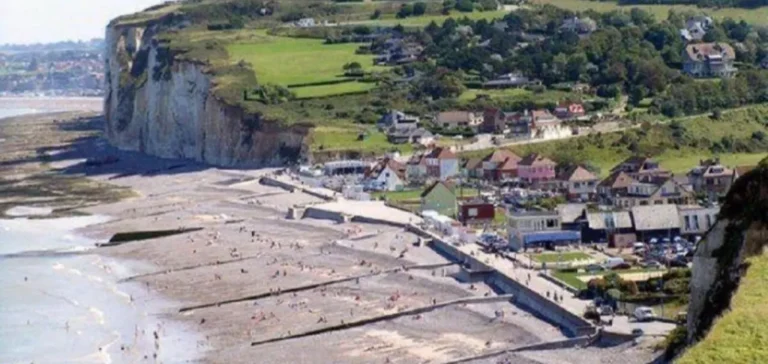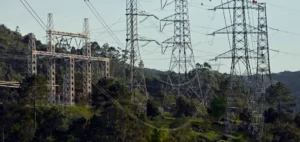The Seine-Maritime prefecture has denied British company Aquind a concession to use public maritime domain, halting for now the development of the cross-Channel power interconnection project. Estimated at €1.4bn ($1.47bn), the infrastructure was set to connect the French and British electricity grids via a 2,000-megawatt subsea cable.
A project certified as compliant but legally incomplete
On July 17, a prefectural order validated the project’s compliance with the Environmental Code, granting environmental authorisation. However, this step was not sufficient to begin construction, as other administrative authorisations were still required, notably the one concerning occupation of the maritime public domain. This authorisation, which depends on being recognised as a project of general interest, was not approved at the national level.
According to the prefecture, this recognition is a key condition for granting the concession, stating that the rejection stems from a national decision, beyond local jurisdiction. Although the project had cleared certain regulatory steps, it is now legally blocked.
Aquind’s reaction and uncertainties ahead
In a statement, Martin Dubourg, Aquind’s France director, said he was “surprised” by the decision, given the “growing interconnection needs identified at the European level, particularly between France and Great Britain”. He added that the decision, although unexpected, does not challenge “the relevance” of the project nor “its eventual completion”.
The Aquind project is part of broader efforts to strengthen electricity infrastructure in Europe and improve grid resilience. Such cross-Channel links are being considered as electricity flows between countries increase and existing infrastructure faces high demand.
A politically and territorially sensitive case
The rejection comes in a context where cross-border infrastructure projects often have to navigate political, local and national considerations. Energy infrastructure initiatives involving public maritime areas frequently encounter sensitivities in coastal regions.
While technically feasible, the immediate future of the Aquind project depends on possible legal appeals or institutional reconfigurations that could lead to a reassessment of its general interest. The company has not indicated whether it intends to challenge the prefecture’s decision or resubmit an authorisation request at another level.






















